There were times during last Friday’s First Night of the Proms when it felt as if we’d been transported back to Ohio during the Eisenhower administration. We could have been in Severance Hall, Cleveland, listening to its orchestra under George Szell – and there’s no higher compliment I can pay the BBC Symphony Orchestra, because the irascible maestro drilled his musicians to parade-ground perfection.
You could tell the BBC orchestra was at the top of its game from the first snarls of the brass in Sibelius’s Finlandia – a more interesting piece of programming than it sounds. This was the choral version, in which the choir sings of Finland’s refusal to bend under Russian oppression. The principal guest conductor, Dalia Stasevska, may be a Finnish citizen (and married to Sibelius’s great-grandson), but she was born in Ukraine and was wearing a yellow ribbon. She’s a tiny woman with a smile you could see from space. She sang lustily to the words of the anthem – not that the BBC Singers, pointedly added to the BBC Symphony Chorus, needed any encouragement, since they were celebrating their own deliverance from the philistines who tried to nuke them this year.
The concert is still online; compare it with the YouTube video of Sakari Oramo and the BBC Symphony Orchestra and chorus performing Finlandia to mark the country’s centenary in 2017. It’s rousing but a little fuzzy at the edges. In contrast, under Stasevska’s slashing baton the brass fanfares achieved a machine-gun precision that was gleefully matched by the strings. And this splendour was maintained throughout the evening – though, admittedly, it was difficult to judge while the hall’s virtuoso coughers tore into the gossamer textures of Let There be Light by the Ukrainian composer Bohdana Frolyak. I thought the piece, commissioned by the BBC, was stronger on colour than argument – but then that’s true of most new music that sets out not to scare the horses. Debussian and Messiaenic soundscapes are everywhere; at least this one was gorgeously orchestrated and didn’t outstay its welcome.
Stasevska is chief conductor of Finland’s legendary Lahti Symphony Orchestra. It can’t be long before she climbs the ladder. Her exuberance conceals a fine grasp of architecture that was nicely illustrated at the beginning of Grieg’s Piano Concerto, in which the soloist was Paul Lewis. The danger with this piece is that it can so easily sag, particularly if you follow the cautious metronome marks that Grieg added years after composing it. Stasevska bounced the first subject along at a perfect tempo after the pianist’s opening flourish. Alas, it wasn’t much of a flourish – and I didn’t expect it to be, since Lewis habitually uses his technical control to rein himself in. I find him too reticent in Beethoven piano sonatas, so who on earth thought he’d be a good fit with the Grieg?
It’s a shame because in the slow movement his bird-song trills blended seductively with the orchestra. Like the finest interpreters of the concerto – Michelangeli, Lipatti, Andsnes and Hough – he resisted sentimentality. But you can’t afford to resist pyrotechnics and, with the exception of the first-movement cadenza and a burst of fire in the finale, Lewis didn’t yield to Stasevska’s repeated invitations to join the dance. How can we persuade this marvellous pianist to let his hair down?
That’s not a question that applies to Benjamin Grosvenor, whose Sunday morning solo recital of insanely difficult pieces, including Liszt’s Réminiscences de Norma and Ravel’s own transcription of La Valse, deserves every superlative I can throw at it. If you stream it (it wasn’t filmed) you won’t believe that only one pianist is playing the Ravel. His technique is so stupendous that he can add a nonchalant lilt to passages that demand 20 fingers. His Decca recording of Liszt’s Sonata bears comparison with those of all the 20th-century giants, including Arrau, Gilels and Richter. As for his new Schumann Kreisleriana – inevitably accompanied by some forgettable noodling by Clara – it may have displaced Horowitz’s as the reference recording.
It was strange to be sitting in a half-empty Albert Hall to hear a recital that, if it had been held in Carnegie Hall during the golden age of pianism, would have entered the history books. But you can’t blame the public: the venue doesn’t work for a solo piano Prom unless you hear it at home, properly miked. No one even attempted it until Evgeny Kissin in 1997, by which time the Russian prodigy’s pianistic arteries were already hardening. And that prompts mixed feelings, because Ben Grosvenor is the pianist that Kissin should have been – a genius who has reached the height of his interpretative powers in his early thirties and intends to stay there.
Got something to add? Join the discussion and comment below.
Get 10 issues for just $10
Subscribe to The Spectator Australia today for the next 10 magazine issues, plus full online access, for just $10.
You might disagree with half of it, but you’ll enjoy reading all of it. Try your first month for free, then just $2 a week for the remainder of your first year.

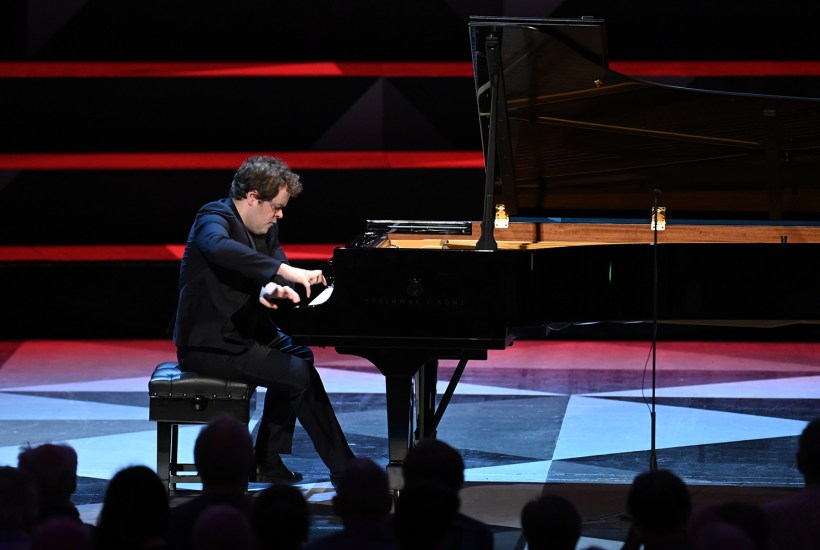
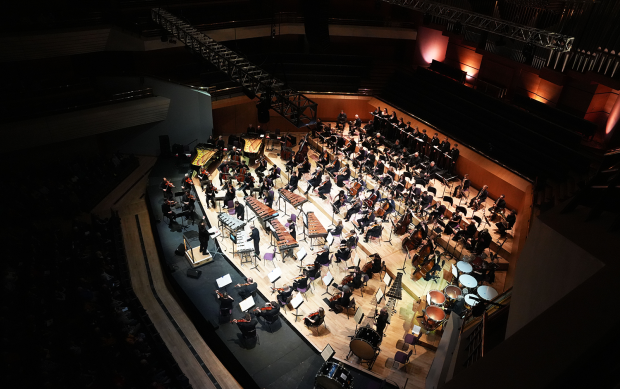
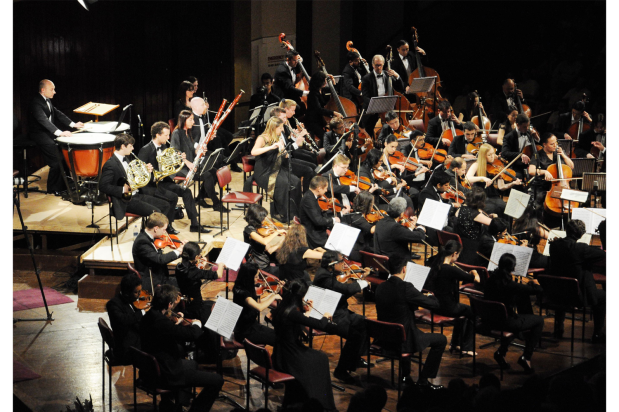
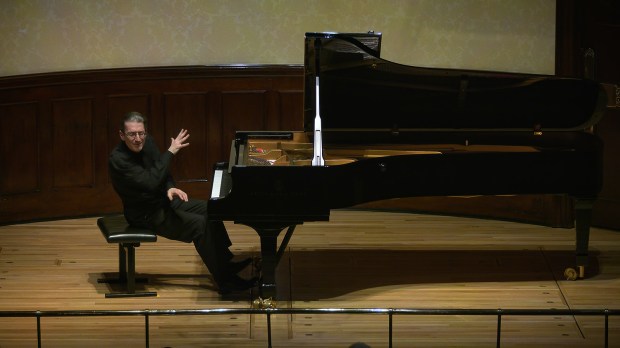
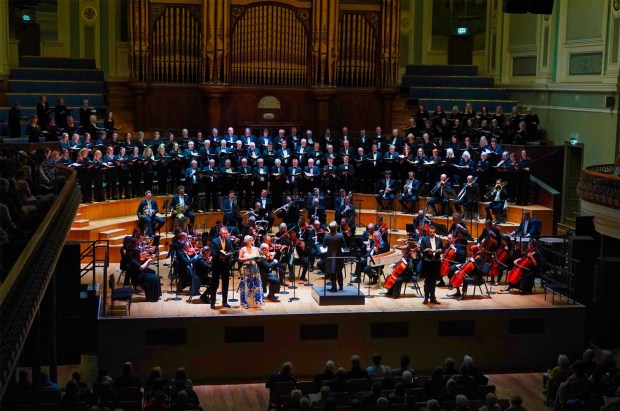
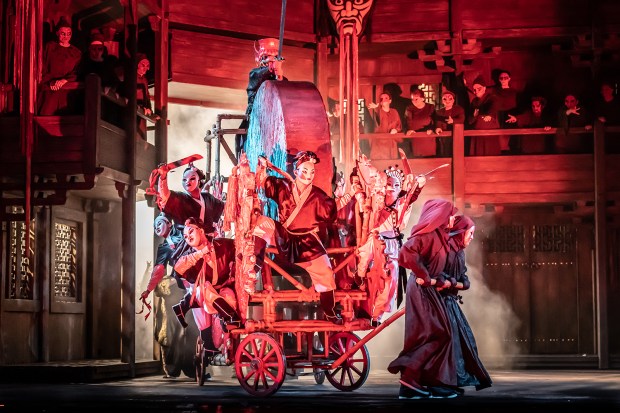
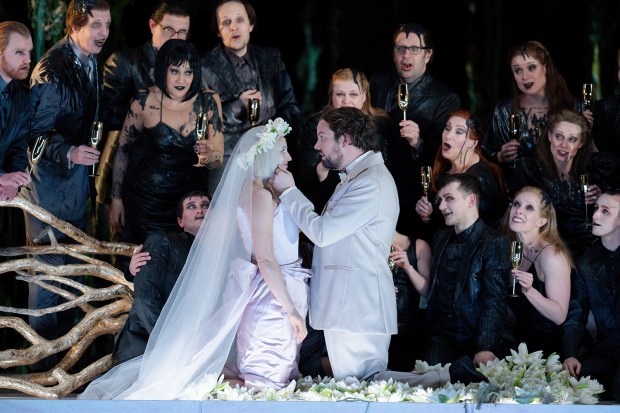






Comments
Don't miss out
Join the conversation with other Spectator Australia readers. Subscribe to leave a comment.
SUBSCRIBEAlready a subscriber? Log in